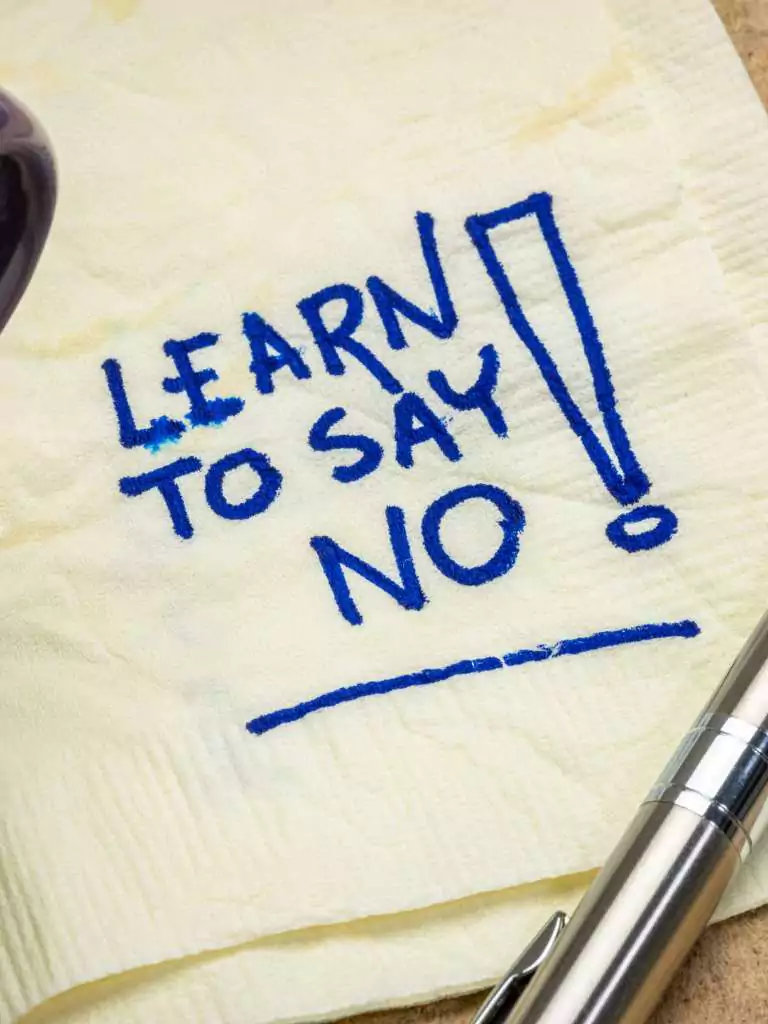If you’ve landed here, I already know two things about you:
1) You’re probably running on caffeine and leftover dinosaur nuggets, and 2) You’re a parent who loves hard but feels bone-tired.
Welcome to the club—where our battle cry is, “I just need five minutes alone!”
This is your space for real self care for families and sanity-saving parent self care tips that actually work in the chaos of everyday life. I’m not going to ask you to meditate for 30 minutes with a toddler crawling on your head. Nope.
These are real-life, practical, emotionally recharging things you can do—even if your house looks like a toy explosion.
So let’s get real about Emotional Growth, slowing down (hello, slow parenting), and putting you first for once.
1. Say “No” Without the Guilt Trip

One of the hardest things I had to learn as a parent was saying “no”—and meaning it. I’m not just talking about turning down that third bake sale or playdate.
I mean saying no to things that drain me emotionally, like giving too much of myself when my tank is already empty.
Emotional self-care starts with boundaries. I used to say yes to everything because I didn’t want to disappoint anyone. But now?
If it’s not aligned with my peace or family well-being, it’s a no. Guilt-free. Say it with me: “No is a complete sentence.” This is the root of put yourself first energy.
2. Find Your 10-Minute Joy Pocket
Let’s be real: you probably don’t have an hour to soak in a lavender bath or do yoga with goats. But you do have ten minutes. That’s all you need to start building emotional stamina.
Grab a coffee, step outside for fresh air, doodle in a journal, or just scroll memes that make you snort-laugh. That small joy pocket resets your brain and keeps resentment at bay.
This is how I started reclaiming my sanity. Tiny, guilt-free moments of calm = game changer for parents with kids running around like mini hurricanes.
3. Have a Go-To Support Human (or Group)
We all need that one person we can text: “I’m hiding in the pantry. Send help. Or chocolate.” If you don’t have one yet, go find them. A parent support group—online or local—is your lifeline when it all feels too much.
Talking with someone who gets it is a form of emotional care no Pinterest board can replace. You don’t need to vent every day, but knowing someone’s there? That’s like a mental security blanket.
Parent Support Group Ideas: WhatsApp chats, Zoom vent sessions, or even mom walks in the park—yes, they count!
4. Embrace Slow Parenting—It’s Not Lazy
So your kid wants to put on their own shoes and it takes 15 minutes? Let them. I’ve learned that rushing through everything makes me crankier and them more anxious.
Slow Parenting is the idea that you don’t have to be in hustle mode 24/7. It’s a form of self-care that lets your nervous system breathe.
You’re not falling behind—you’re choosing peace over pressure. And honestly? My mornings have been 70% less shouty since I slowed down.
Bonus: your kid feels more heard and less bossed around.
5. Talk to Yourself Like You’d Talk to Your Best Friend
When I’m having a bad day, my internal voice goes something like: “Wow, you really messed that up.” But would I ever say that to my best friend who just burned dinner while soothing a teething baby? Heck no.
This is where emotional growth happens—catching that negative self-talk and flipping the script. Try saying: “Today was tough, but I’m still showing up.” Because you are. Every day. Even on the messy ones.
Self-kindness is not fluff—it’s fuel for the next meltdown (yours or theirs).
6. Schedule Emotional Check-Ins Like You Schedule Playdates
Put a weekly reminder on your phone: How am I feeling? Then actually answer it. You don’t need a therapist on standby (though if you have one, bless them). Just check in with your own feelings.
Are you angry, sad, overwhelmed, numb? Noticing your emotions is step one to processing them. This is where a psychologist would high-five you. You’re doing emotional self-maintenance—and modeling it for your kids.
It’s not selfish. It’s smart.
7. Lower the Bar, Raise the Love
Repeat after me: A clean house is not the measure of a good parent. If your emotional health is hanging by a thread, the dishes can wait. Seriously. I had to teach myself to stop romanticizing productivity and start romanticizing rest.
So if the kids are fed and safe, and you’re lying horizontal watching Bluey, congrats. You’re winning.
This tip is all about positive parenting solutions that begin with giving yourself grace, not guilt.
8. Create a “Recharge Ritual” That’s Just Yours
It can be as simple as lighting a candle after bedtime, listening to your favorite playlist, or reading two pages of a book before falling asleep. I call this my “recharge ritual,” and it’s sacred.
Routines aren’t just for toddlers. Adults need them too, especially when every day feels like a tornado of snack crumbs and emotional roller coasters. This little ritual tells your brain: Hey, we made it. Good job.
And that small moment of peace is pure self care for parents.
9. Let Go of Perfect Parenting Myths
Perfect parenting is a myth. You’ll forget a lunchbox. You’ll snap. You’ll cry in the bathroom (sometimes with a cookie). And guess what? Your kids will still love you. Actually, they’ll love you more for being real.
Letting go of those unrealistic standards is a huge act of emotional self-care. It’s like exhaling after holding your breath for too long.
This is why parent self care needs to be loud and unapologetic—we are not robots. We’re human. Beautiful, messy, exhausted humans.
10. Ask for Help Without Explaining Yourself
You don’t need a 10-slide PowerPoint to justify needing help. Say it. Text it. Whisper it through gritted teeth at bedtime. Just ask.
Asking for help is strength in action. It teaches your kids that it’s okay to lean on others. Whether it’s your partner, your mom, a babysitter, or a neighbor—let them in. Share the load.
This is how self care for families really works: it’s not a solo act. It’s a team sport.
Conclusion
You’re not just a parent—you’re a whole person. A tired, loving, emotional, snack-sharing, sometimes-cries-in-the-shower person. And you deserve the same care and kindness you give your kids every single day.
Start small. Pick one or two of these emotional self-care tips and make them yours. Let them remind you that your well-being matters—not someday, but today. Because taking care of you is taking care of them.
And hey—don’t forget to save this for later. You’ll need it again. We all do.








